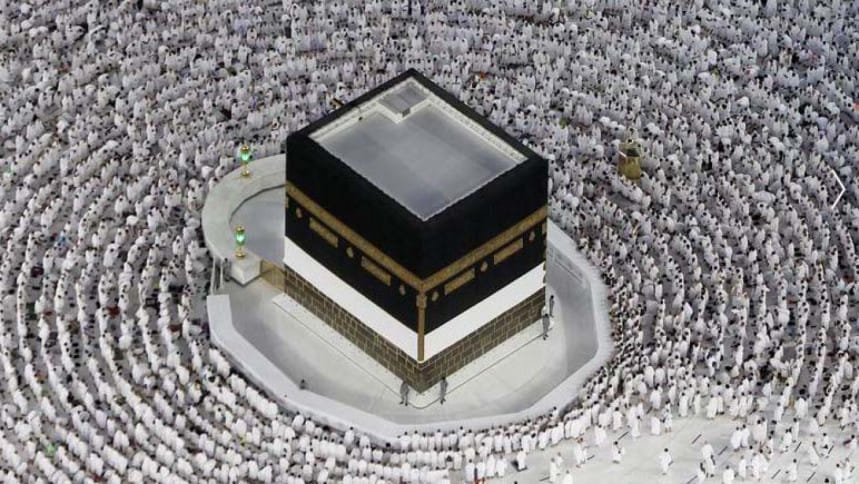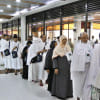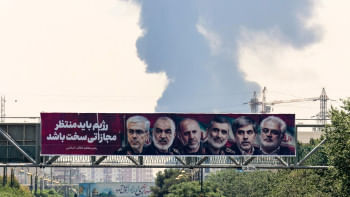Lessons from the Last Sermon of Prophet Muhammad (SAW)

The last sermon of Prophet Muhammad (SAW) on the occasion of the Farewell Pilgrimage, also known as the "Khutbatul Wada," occupies a sacred place in the hearts of all devout Muslims, as at the end of this memorable speech, a divine revelation from Allah confirmed the perfection of the religion of Islam.
This momentous address on the day of Hajj has served as a beacon of wisdom for the last fourteen centuries, providing guidance to those who are willing to listen. Standing on a mountainside in the Uranah Valley of Mount Arafat, the great Prophet (SAW) conveyed his final teachings, encompassing the essence of morality, values, justice, humanity and faith that still resonate through the tapestry of modern life.
Now, let us dive into the timeless wisdom contained within some of his words mentioned in the Farewell Pilgrimage.
"Hurt no one so that no one may hurt you"
As a harbinger of peace, the Prophet (SAW) directed all his followers to not only embrace a peaceful way of life but also to treat others with the same kindness and consideration that we ourselves desire. It is crucial to recognise that there are various means by which we may hurt someone besides physical injury. Spiteful remarks, bitter words, or even a simple non-verbal malicious attitude may suffice to inflict pain and emotional suffering.
To attain a peaceful lifestyle, we must continually evaluate our actions and refrain from hurting someone physically or emotionally.
"An Arab has no superiority over a non-Arab nor a non-Arab has any superiority over an Arab; a White has no superiority over a Black nor a Black has any superiority over a White except by piety and good action."
In his last sermon, the great Prophet (SAW) declared all human beings to be equal in the eyes of Allah and pointed out that no race or ethnicity holds any kind of superiority over another. As the quote also implies, if we are to judge the quality of a person, we should focus on his or her actions instead of ethnic characteristics.
To apply the essence of this quote in our daily lives, we must refrain from any kind of discrimination based on race or ethnicity and extend equal treatment to all individuals.
"Treat your women well and be kind to them for they are your partners and committed helpers."
Prophet Muhammad (SAW) emphasised the rights held by men and women, making it clear that women should never be considered mere possessions. He cautioned his followers that such rights are granted by Allah and must not be taken away. He also encouraged men to treat women with love and kindness.
With his timeless wisdom, the Prophet (SAW) described men and women as partners who complement each other. Inspired by his teachings, we should strive to create a harmonious environment of mutual trust, affection, and respect.
"Just as you regard this month, this day, this city as sacred, so regard the life and property of every Muslim a sacred trust."
As the Prophet (SAW) clarified in his last speech, every Muslim needs to consider another Muslim as a brother or a sister and should be able to trust them with the duties of safeguarding their lives and possessions. In addition to enforcing the spirit of an unshakable brotherhood among Muslims, this quote emphasises faithfulness as one of the core values of Islamic belief.
To enlighten our life with this precious wisdom from the Holy Prophet (SAW), we must be true to all of our commitments — the commitment to Allah, the Prophet, and fellow believers. Such commitment should be so strong that the life or property of a fellow Muslim must never be threatened by our actions.
"Satan has lost all hope that he will be able to lead you astray in big things so beware of following him in small things"
In his profound insight and wisdom, the great Prophet Muhammad (SAW) has warned us about the little sins that are easy to ignore. The Prophet (SAW) reminded us that it is the little steps on the wrong path that ultimately lead us astray. To lead a righteous life, we Muslims must meticulously uphold ethical standards and always remember that we will be held responsible for even the smallest of sins on judgement day.

 For all latest news, follow The Daily Star's Google News channel.
For all latest news, follow The Daily Star's Google News channel. 







Comments